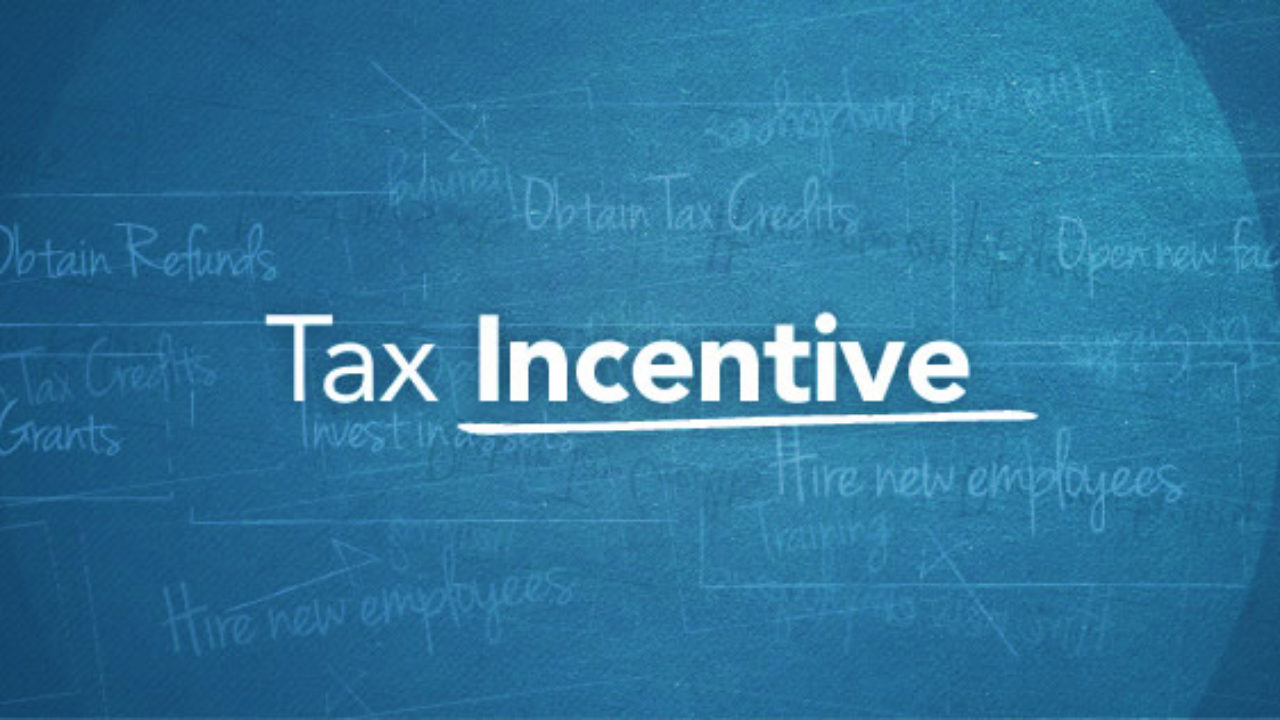Applicable Tax Incentives to Foreign Investors in Nigeria

There are several factors a foreign investor should consider before investing in a country, one of such factors is the tax policy of the government of a country the foreign investor desires to invest in. In considering the tax policies of a government, a foreign investor should also consider the presence or absence of tax incentives or benefits.
Tax incentives are measures that provide for more beneficial tax treatment of certain industries or sectors compared to what is granted to the general industry. They are reliefs in form of allowances, exemptions, non-taxable incomes etc. granted to foreign investors in Nigeria.
Tax incentives have been set in place by the Nigerian government to attract investments into certain sectors of the economy or into a geographical area, through the use of industry-oriented incentives.
The tax incentives available in Nigeria based on investment into certain sectors of the economy, geographical areas, or as provided by some of Nigeria’s tax laws or treaties are as follows:
- PIONEER STATUS: This status under the Industrial Development (Income Tax Relief) Act, 2004, grants tax holiday to a foreign investor for between 3-5 and 7 years who invests in any of the approved pioneer industries. The grant of pioneer status to an investor is aimed at enabling the investor to make a reasonable level of profit within its formative years. The profit made is expected to be ploughed back into the business.
- TAX RELIEF UNDER THE COMPANY INCOME TAX ACT (CITA), 2007
- Under the CITA there are several tax incentives available to foreign investors such as: 15% investment tax credit is permitted for a foreign investor who purchases locally manufactured plants, machinery or equipment for use in its business. The tax credit is on such fixed asset bought for use. Also, 25% investment tax credit is allowed on the qualifying capital expenditure for a company engaged wholly in the fabrication of spare parts and equipment for local consumption and export. Section 38 CITA.
- Rural investment allowance is granted to a foreign investor/company which incurs capital expenditure on the provision of basic infrastructures/facilities such as electricity, water, tarred road and telephone for the purpose of a trade or business that is located at least 20 kilometers away from such facilities. Section 34 CITA.
- 20% investment tax credit on qualifying expenditure is available to foreign investors engaged in research and development activities for commercialization. Section 26(3) CITA.
- By section 11 (1) of CITA, tax relief/ exemption is granted on foreign loans to a foreign investor carrying on business in Nigeria.
- Section 23(1) CITA grants tax exemption on profits to foreign investors involved in charitable or educational activities of a public character, tax exemption on dividend distributed by unit trust, tax exemption on dividend received from small companies in the manufacturing sector in the first five years of operation, tax exemption on dividend received from investments in wholly export-oriented businesses, tax exemption on the profits of a company whose supplies are exclusively inputs to the manufacturing of products for export etc.
- A tax credit of 20% is granted for five years to industries that attain the minimum level of raw materials sourcing and utilization in their respective sectors. The minimum levels are: agro-allied: 70%, engineering: 60%, chemicals: 60%, petrochemicals: 70%.
- DOUBLE TAXATION TREATIES: This is in form of bilateral agreements between Nigeria and some countries. It allows for double taxation relief to a foreign investor or a company that has paid taxes in any such country that Nigeria has an agreement with. This means tax payable in Nigeria on the profits of the company being remitted is reduced by the amount of foreign tax paid abroad by the foreign investor. This applies to countries that have a double taxation agreement with Nigeria.
- TAX RELIEFS BASED ON INVESTMENT IN CERTAIN SECTORS.
- Solid Minerals Sector: Tax incentives such as 3-5year tax holiday, low -income tax of between 20% and 30%, deferred royalty payments depending on the magnitude of the investment and the strategic nature of the project is granted to a foreign investor who invests in the solid minerals sector of the Nigerian economy. Also, a foreign investor who holds a mining lease shall where qualified, be entitled to depreciation or capital allowance of 75% of the certified true capital expenditure incurred in the year of investment and 50% in subsequent years.
- Gas Industry: Capital allowance at the rate of 20% per annum in the first four years, 19% in the fifth year and the remaining 1% in the books, investment tax credit at the current rate of 5%, an initial tax free period of three years’ renewable for an additional two years, is available to any foreign investor engaged in gas utilization in the gas industry.
- Telecommunication: Non-fiscal incentives are provided to private foreign investors who invest in this sector, in addition to a tariff structure that ensures such investors recover their investment over a reasonable period of time bearing in mind the need for differential tariffs between urban and rural areas. A 3-5 years’ tax holiday is also granted to investors who engage in the manufacture and installation of telecommunications related equipment, which is considered a pioneer activity.
- Energy (Electricity): Tax holiday of 3-5 years is granted to foreign investors that manufacture transformers, meters, control panels, switch gears, cables and other electrical related equipment which are considered pioneer products/industries. Power plants using gas are assessed under the CITA at a reduced rate of 30%.
- Transportation: To encourage investment in the transport industry, incentives such as a 3-5 years’ tax holiday for the manufacture and maintenance of aircrafts, shipbuilding, repairs and maintenance of vessels, boats, barges, diving and underwater engineering services, has been put in place as a result of such activities being considered pioneer activities.
- Tourism: In 1999, the tourism sector was accorded preferred sector status, this qualifies it for incentives which are available to similar sectors of the economy such as tax holidays, longer years of moratorium and import duty exemption on tourism-related equipment. These incentives are granted to foreign investors who invest in the tourism industry in Nigeria.
- Tax concession is granted to industries with high labour/capital ratio. Such as industries with plants, equipment, and machinery, which are operated with minimal automation. A tax concession for five years at 15% is granted to a company or foreign investor with 1000 employees.
- Duty drawback/ suspension scheme, export processing zone allowance etc. are also tax incentives available to foreign investors in Nigeria. Section 35 CITA.
In conclusion, the above- mentioned tax incentives are available to foreign investors and companies (including Nigerian Companies) who desire to invest in Nigeria. There are several more tax incentives available and we at Awolowo Legal and Co, are ready to provide all the assistance and guidance that will be needed in applying for and obtaining the said incentives.

